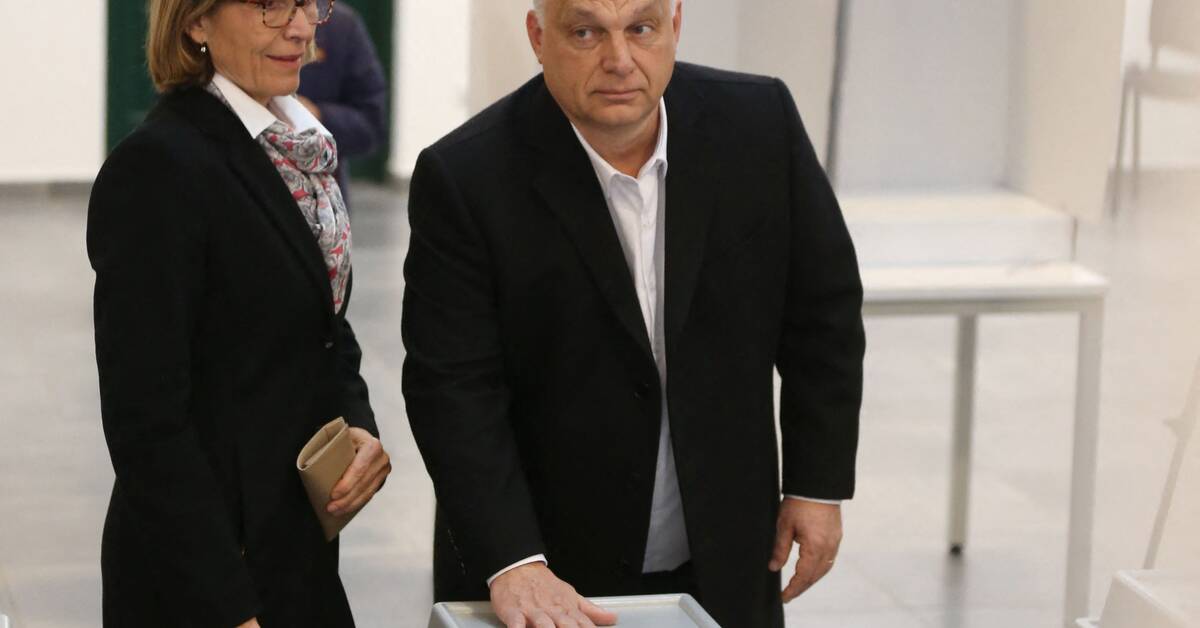When the voting ended in Hungary closed at 19 on Sunday, no official polls came.
On Facebook, Prime Minister Orbán wrote briefly "Thank you to everyone who voted!", While state television slowly reported individual constituencies.
The Hungarian television channel RTL Klub presented its own survey, in which Orbáns Fidesz was stated to be allowed to retain power, and even increase the number of seats, from 116 to 121 in the 199-seat parliament.
The united opposition will have 77 seats there.
According to the Austrian ORF, Parliament's last seat goes to a German-speaking party that in recent years has voted in line with Fidesz.
The figures are highly uncertain, but if they turn out to be correct, the opposition - which for the first time in a long time was considered to have a real chance of breaking Orbán's grip - has again failed in its attempt to seize power.
The opposition gathered
Prime Minister Viktor Orbán and his right-wing party Fidesz have ruled Hungary since 2010, but ahead of this year's elections, six opposition parties gathered under the name United for Hungary (EM) under the leadership of right-wing politician Péter Márki-Zay.
And even though independent observers have warned that Hungary's electoral system is leaning too much in Orbán's favor, the opposition seemed to have gathered enough support to be on a par with the hardline prime minister in the pre - talk.
200 observers
Since Orbán came to power, he has increasingly steered Hungary in an autocratic direction.
The country is no longer considered a full-fledged democracy by the institute V-dem, which measures and ranks the situation for the world democracies.
A large turnout was expected around the country and just before the polls closed, nearly 70 percent had voted, a high number in the country.
More than 200 international election observers monitored the election.
A final result is not expected until late on Sunday evening or early Monday.

